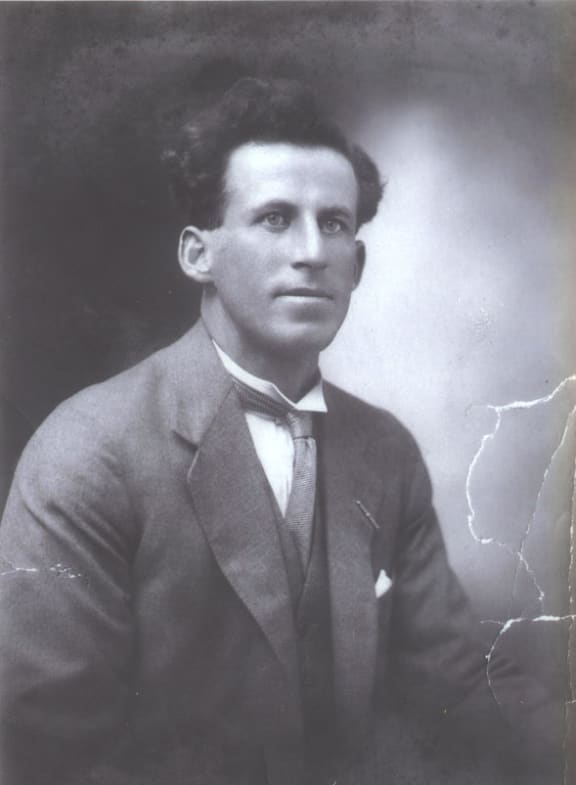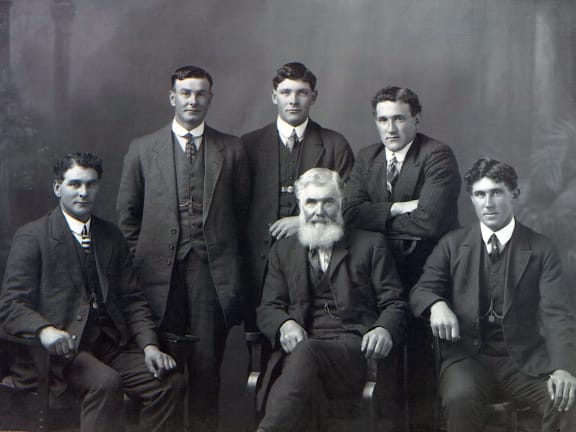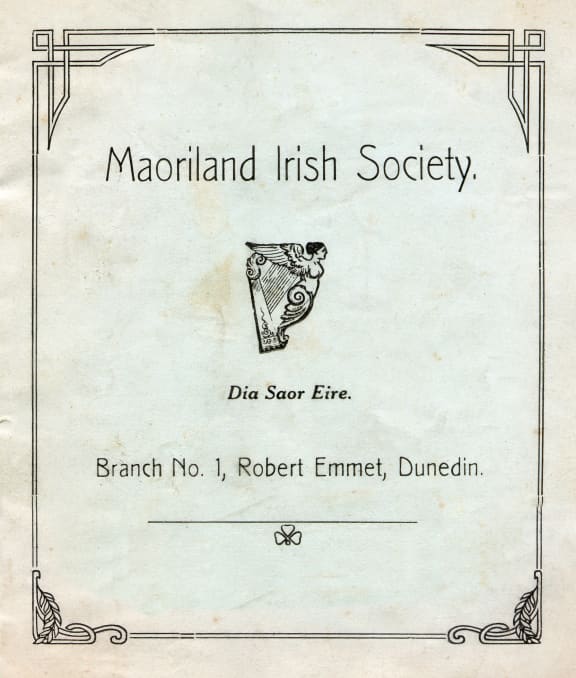Historian Seán Brosnahan talks with Bryan Crump about the New Zealand-based Irishmen who objected to serving in WWI.
Sean says that, at first, most Irish people in New Zealand were behind the war effort. And the Catholic Church was very keen to use the war as an opportunity to demonstrate that you could be all at once a loyal Catholic, a loyal Irishman and a loyal member of the British Empire.
But things began to change after what was seen as Britain's heavy-handed reaction to the Easter Rising in 1916.
Opinion of the British shifted across the Irish diaspora, with more sympathy for the rebels developing across the empire.
When New Zealand brought in conscription, quiet opposition to the war was no longer an option, Seán says. Those that chose not to enlist faced prison – or worse – if they were caught.
Thousands of men went underground to avoid fighting, although the numbers are hard to pin down.
Irishmen evading conscription commonly took on an assumed name and went somewhere far from where they were normally known. And with so many men away there was a big demand for labour in some of New Zealand's remotest places.
The so called 'underground railway' was a network of sympathisers who helped or housed these people.
Seán Brosnahan is a curator of Toitū Otago Settlers Museum in Dunedin and specialist on the history of the Irish in New Zealand.









